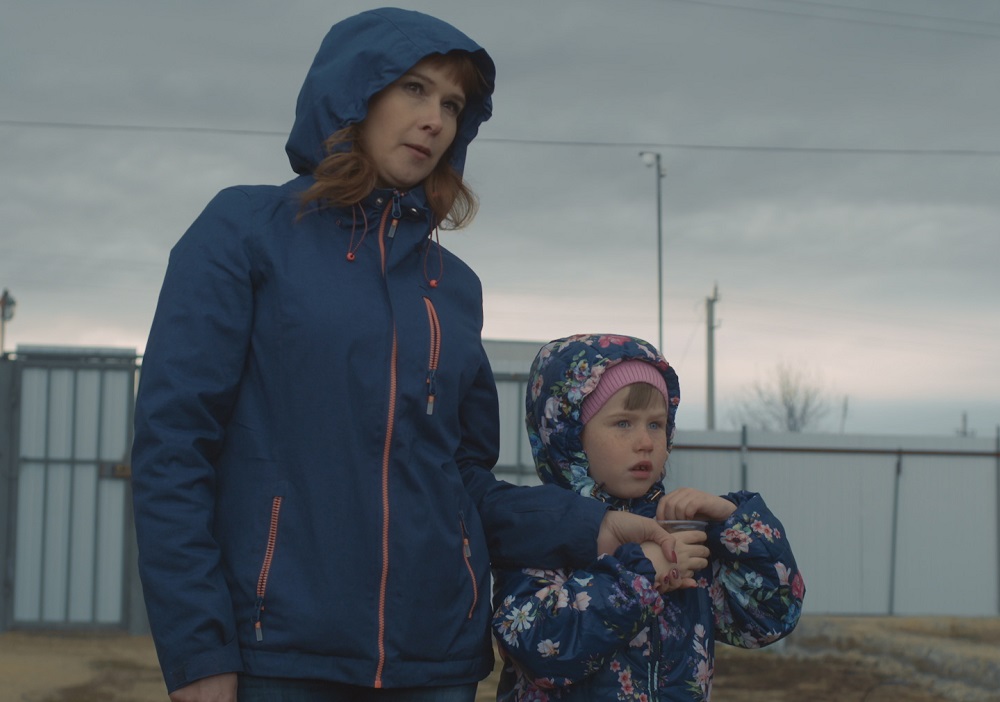It can be hard to comprehend just how vast Russia is. Even after the dissolution of the old Soviet Union, it remains by far and away the biggest country in the world. Spanning two continents, it’s home to a rich culturally varied and ethnically diverse populous. However, whilst the iron curtain may have fallen decades ago, that doesn’t mean all of the motherland has modernised or embraced change at the same pace as its major cities.
Kombinat or Magnitogorskiy Metallurgicheskiy Kombinat (MMK) is the name of the huge steelworks which dominates the industrial city of Magnitogorsk. Nestled on the south-eastern side of the Urals, it’s the largest plant in the entire country and provided the heartbeat for the USSR. Whilst today, the sector is greatly diminished, it’s still the main employer within the metropolis and provides the focal point for Gabriel Tejedor’s new documentary of the same name (Kombinat).
Kombinat is fascinating from start to finish. Whilst it uses the behemoth as it’s anchor, the focus is squarely on a tight-knit group of local residents. It’s clear that whilst the factory still plays a vital role in the very fabric of the city’s cultural and social calendar, it’s no longer seen as the only future for local children. Environmental and safety concerns are equally important, to many, as the job security it provides. Kombinat is a beautiful observational documentary which captures a community still stuck somewhere between past and present.










No Comment